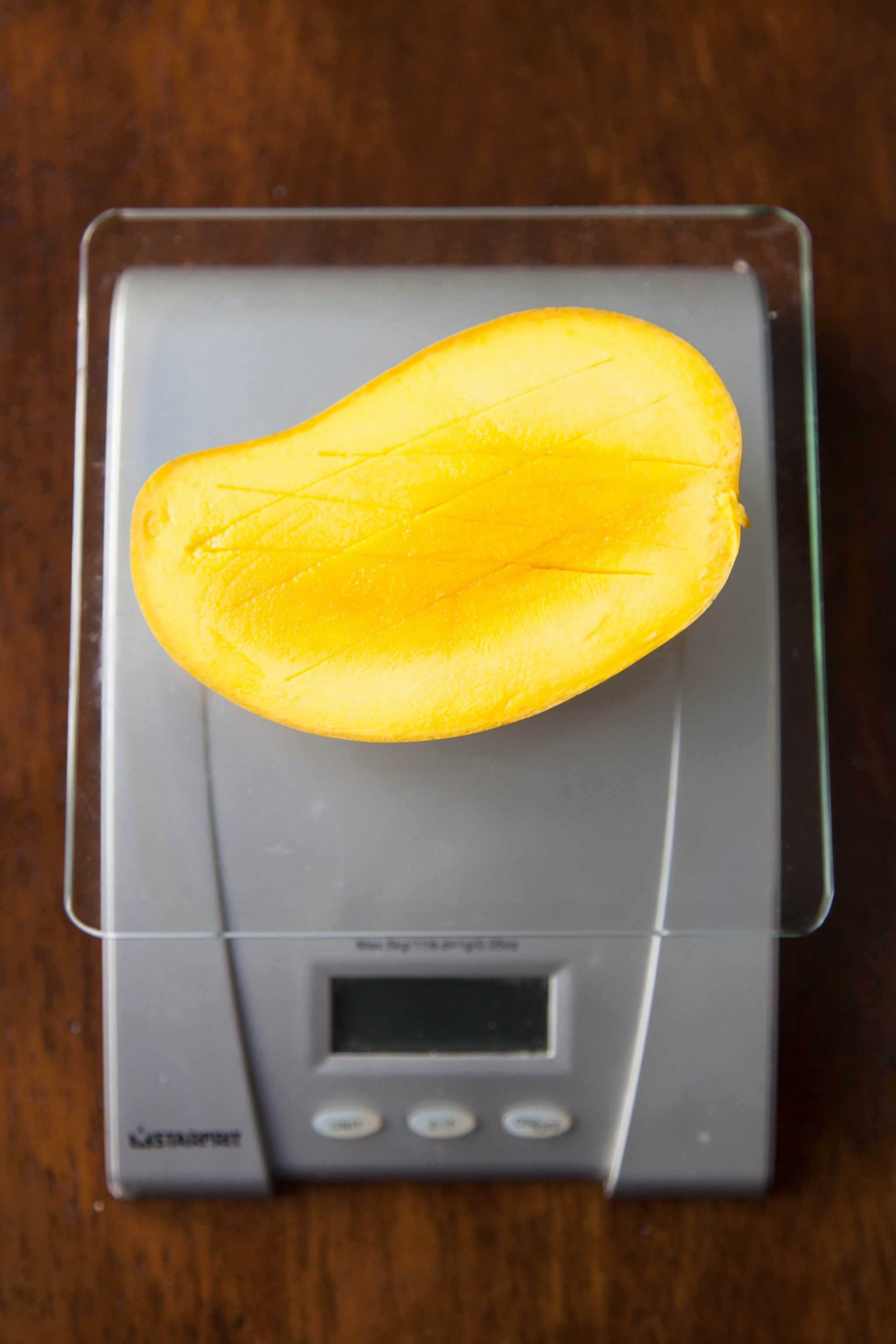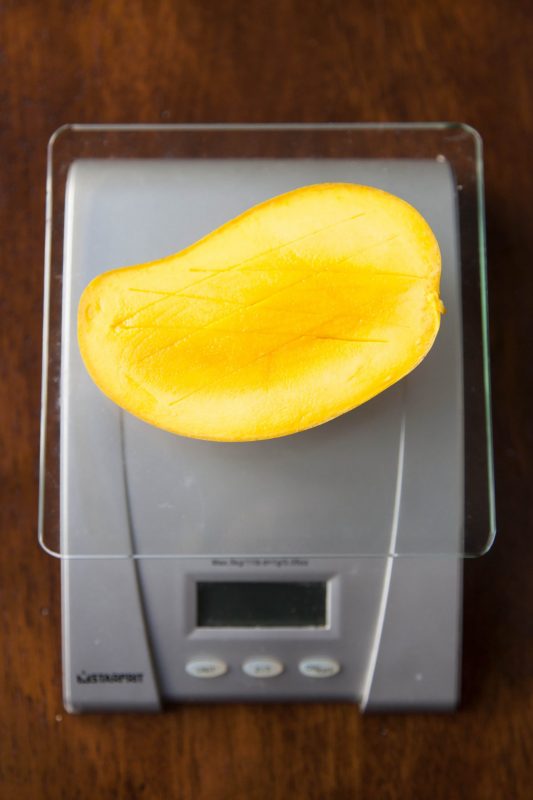Accepting and living with an eating disorder


No one will love you if you don’t love yourself.
These are the words that loop in my head as I stand in my kitchen.
The words aren’t a reminder for me to celebrate myself, it just tells me that no one can love me. I’ve eaten once over the span of two days and the thought of eating churns my stomach until I feel sick.
Like most nights, I settle for tea.
One look at me and no one would suspect I have an eating disorder — which is the painful truth.
All the counting, all the restrictions I put up, all the purging makes no difference.
But, at least this way, when I finally do sit and eat, I’ll feel like I’ve earned it.
In a perverse way, it makes me proud. My willingness to go so long without food is a demonstration of my endurance and will.
I can remember every time someone has called me fat. I wish it could just roll off me, but I’ve allowed their words to become a poison in my mind where my physicality is a weapon against me.
It’s no secret that I have, what my family likes to call, “weird eating patterns.”
And, obviously, it’s not that serious, right? I’m not about to keel over from malnourishment. My bones don’t stick out, my hair hasn’t thinned, my skin isn’t sallow.
I know the secrets to starving yourself. The ins and outs. Always make sure you’re in a conversation at dinner and never be the only one eating.
Pretend you’re a bad liar so they can never catch you when you tell them you’ve had a big breakfast, or you’re just so busy you forgot.
So why out myself now? After 13 years of hating myself and abusing myself in hopes that someone will love me, why would I acknowledge what’s easier left unsaid?
Partially because Ontario’s government decided to enact a legislation that restaurants must put a calorie count beside their food.
But, on this occasion, I was so furious at myself. I had put myself through this, starved myself for two days, because I wanted to look pretty for a boy.
Counting calories is not a viable way to lose weight, in case you were wondering, and the number of calories in food rarely relates to the nutrients you would be consuming.
So, this just seems to be a ploy to shame people into eating healthier — which ignores the fact that unhealthy “junk” food is more accessible than healthy and organic food.
A lot of these issues with the calorie count have been discussed in a previous article in The Cord.
The other reason for my sudden reckoning on my eating disorder, though, is that a few weeks back, I had plans to go on a date.
When it came time to get ready and go, I was so dizzy I could barely stand.
That isn’t a new occurrence. There are a lot of days that I don’t go to class because I feel too weak.
But, on this occasion, I was so furious at myself. I had put myself through this, starved myself for two days, because I wanted to look pretty for a boy.
Retrospectively, a lot of what I do is in hopes that I would be more than I am.
I’ve always wanted to be smarter than I am, prettier, funnier. Never is there a day where I consider myself good enough to be loved, liked or even tolerated.
I know this isn’t healthy. So badly do I want to get better, not to have to look at a meal and only see reasons why I’ll never be accepted.
But just because we will it, doesn’t make it true.
Writing this article is a facile acceptance. Because, for all my self-awareness, I have no idea what to do to help myself.
I’m exhausted of this all-consuming obsession of my weight.
I wish that I had a semblance of a solution or that anyone reading this article and relates could be aided by this.
But the best I can offer you, if you do understand these feelings and fears that I’ve laid bare, is the knowledge that you’re not alone.
Eating disorders are dangerous and damaging illnesses.
It goes unacknowledged too often, so if you have an eating disorder or feel like you may, find someone to listen.
Anyone wishing to seek support can visit the Waterloo-Wellington Eating Disorders Coalition for more information.

